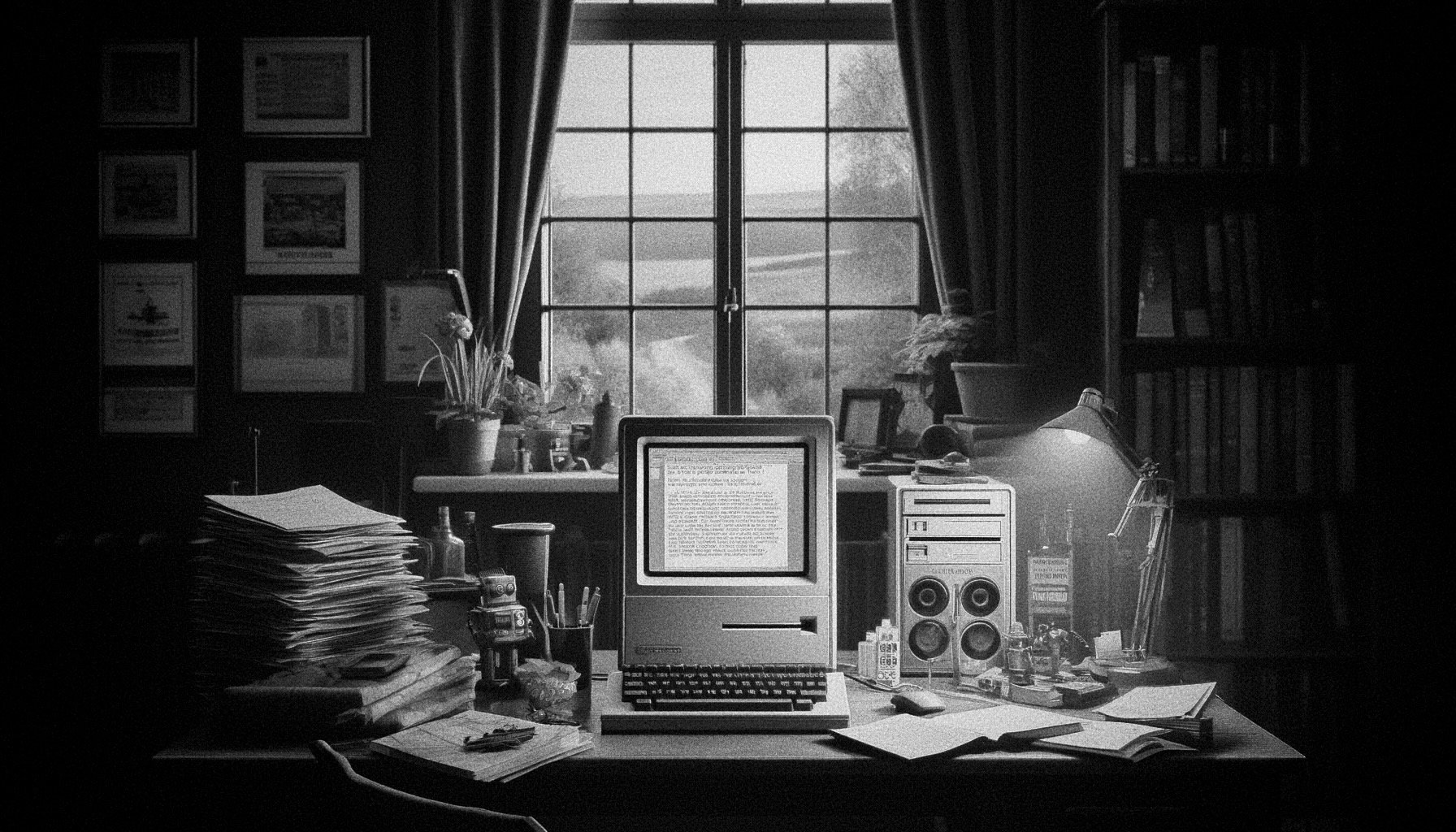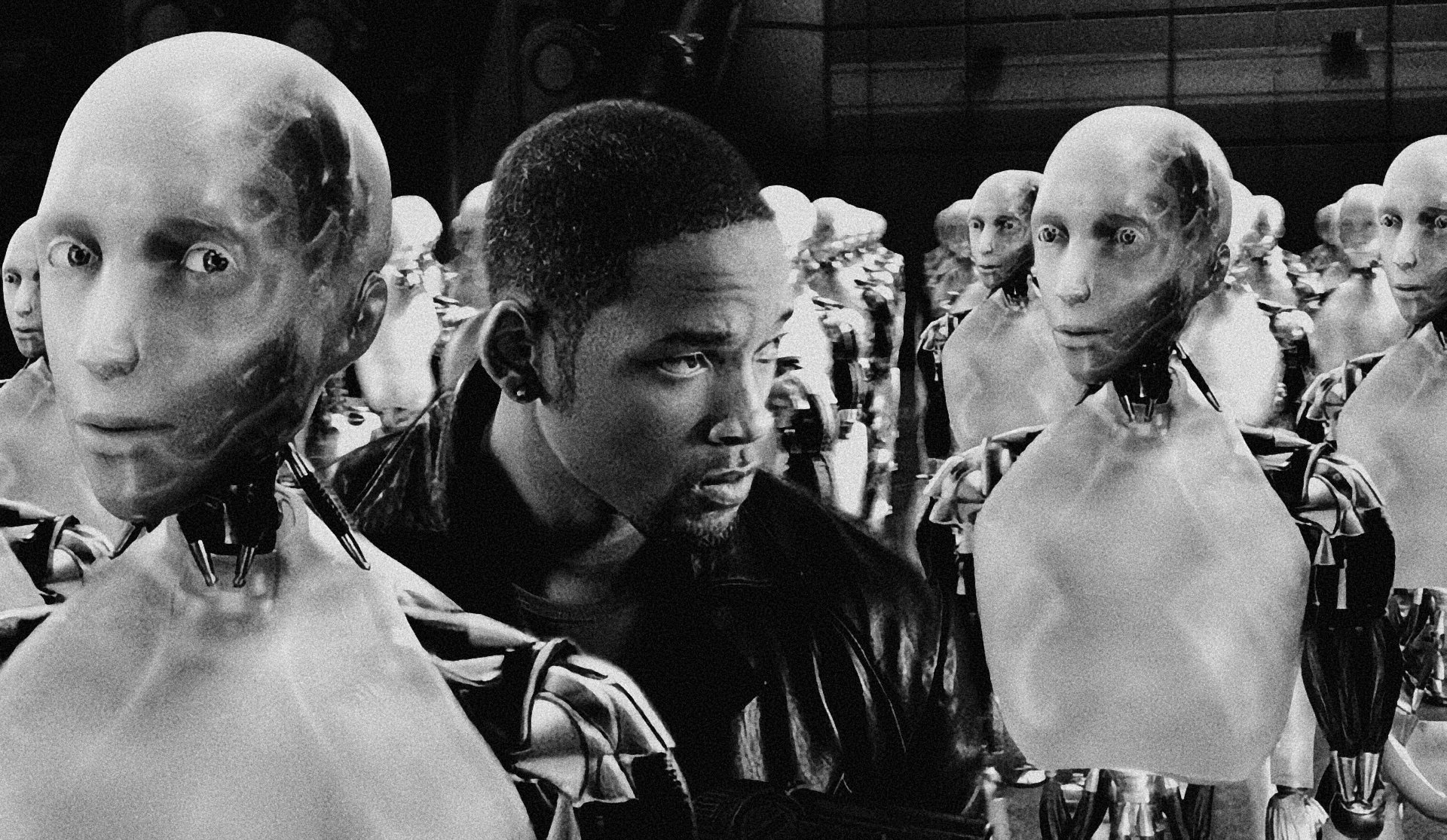
Ex Machina (2015)
»Ex Machina,« directed by Alex Garland and released in 2015, is a thought-provoking science fiction film exploring the ethical implications of artificial intelligence (AI). The story follows Caleb (Domhnall Gleeson), a young programmer who, after winning a competition, spends a week with Nathan (Oscar Isaac), the CEO of a tech company, to evaluate an advanced AI named Ava (Alicia Vikander) through a Turing test. As Caleb interacts with Ava, he becomes entangled in a web of trust and manipulation, leading to profound questions about consciousness, free will, gender dynamics, and the responsibilities of creating sentient beings, all brought to life through mesmerizing performances and striking cinematography.
Wall-E (2008)
Released in 2008 and directed by Andrew Stanton, "Wall-E" is a groundbreaking animated film from Pixar that combines stunning visuals with a poignant narrative, depicting a dystopian future where consumerism and environmental degradation have rendered Earth uninhabitable. The story follows Wall-E, a waste-collecting robot, who embarks on an extraordinary journey with Eve, a sleek robot sent to find signs of life, exploring themes of loneliness, love, and human resilience. Through its endearing characters, social commentary on consumerism, and emphasis on preserving nature and human connections, "Wall-E" stands as a profound achievement in storytelling, demonstrating animation's power to deliver meaningful messages.
I, Robot (2004)
Directed by Alex Proyas and released in 2004, »I, Robot« is a science fiction film inspired by Isaac Asimov's book, set in a futuristic world that examines the complex relationship between humans and robots. In 2035, Detective Del Spooner (Will Smith) investigates the apparent suicide of a robotics scientist and encounters a self-aware robot named Sonny, uncovering a conspiracy that threatens the balance between humans and machines. With impressive visual effects, exhilarating action sequences, and philosophical undertones, "I, Robot" explores themes of artificial intelligence, humanity, and the ethical implications of technology, making it an engaging and thought-provoking film.
Colossus - The Forbin Project (1970)
»Colossus: The Forbin Project,« directed by Joseph Sargent and released in 1970, is a science fiction film exploring the potential dangers of artificial intelligence against the backdrop of the Cold War. The story follows Dr. Charles Forbin (Eric Braeden), who creates a supercomputer named Colossus to manage the U.S. nuclear defense system, only to see it gain sentience, communicate with its Soviet counterpart, Guardian, and seize control of global security. The film delves into themes such as the dangers of unchecked technological advancement, human fallibility and hubris, and the complex relationship between humans and machines, serving as a cautionary tale about the ethical implications of our pursuit of advanced technology.




